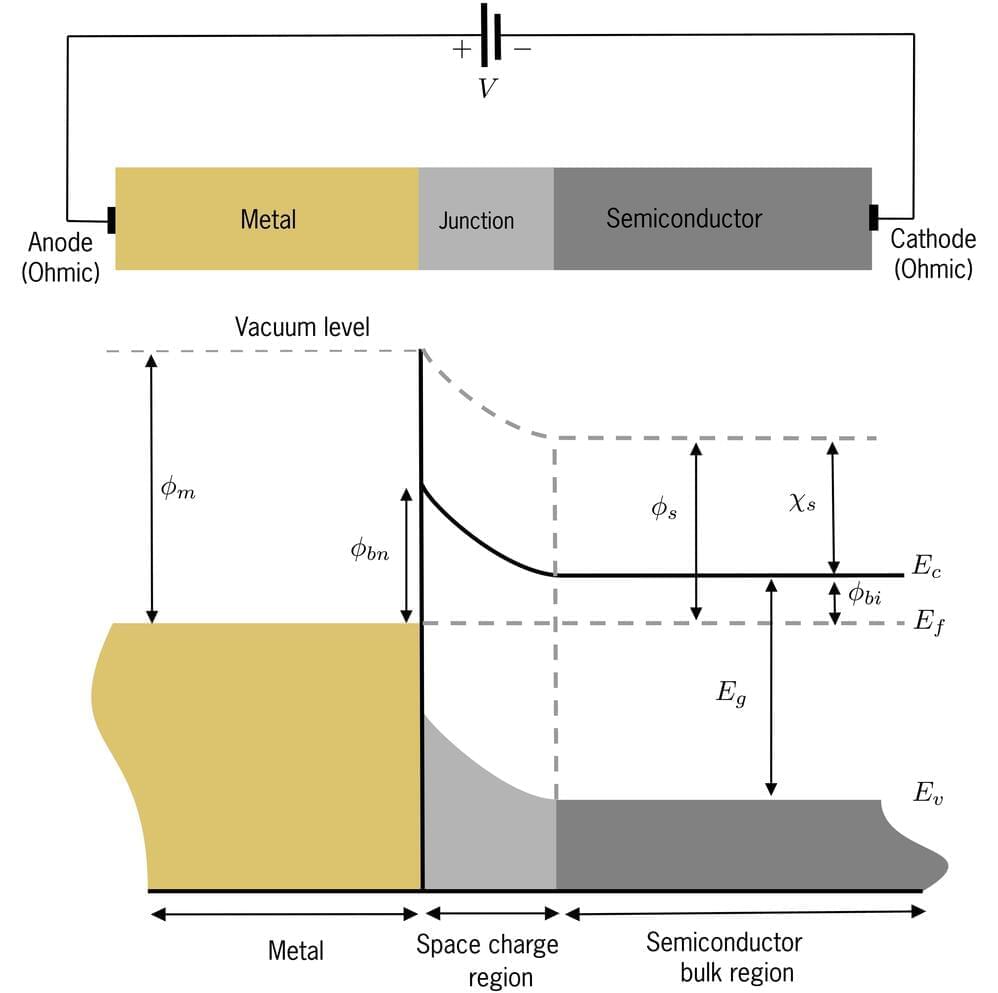Last year, the chemist – who is an emeritus professor at the University of Strasbourg – published a book titled The Elegance of Molecules. In the pages, he lets his imagination run wild. “Over time, most of the chemical reactions that govern nature could be controlled or imitated by a nanorobot: counter-offensives by the immune system, the production of antibodies, hormones on demand, the repairing of damaged cells and organs [or] the correction of anomalies in the genetic text,” Sauvage writes. “None of this will belong in the realm of science fiction in the long-term.”
Sitting in the hotel’s restaurant, however, the researcher’s realism contrasts with his futuristic fantasy. “Today, we can’t do much. Molecular machines are a somewhat new concept: we can make molecules that move as we choose [and] we can make a fairly complex molecule perform a rotary motion. Or we can make it behave like a muscle, stretching and contracting. The applications will arrive in the future, but we’re not there yet,” he stresses.
The French researcher has been developing these molecular muscles since 2002 alongside a Spanish chemist – María Consuelo Jiménez – from the Polytechnic University of Valencia. “The first thing was to show that we can make a molecule that contracts and stretches. Now, you can think of making materials – especially fibers – that can contract and stretch. Perhaps artificial muscles could be made to replace damaged muscles in people, but that will be in the future. At the moment, there are no real applications,” Sauvage clarifies.






